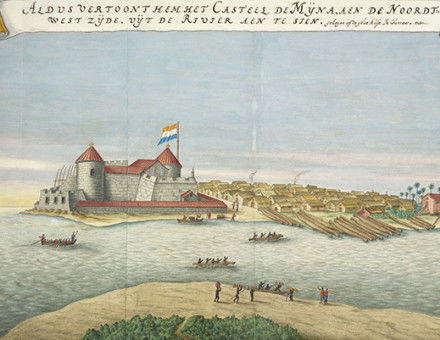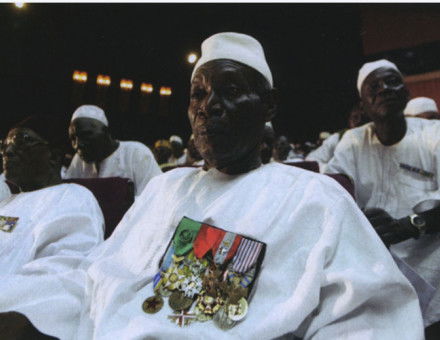Dutch Letters from Ghana
Jos Damen tells the stories of two unusual men who lived a century apart in the Dutch colony at Elmina in West Africa; a poet who became a tax inspector and a former slave who argued that slavery did not contradict ideas of Christian freedom.






